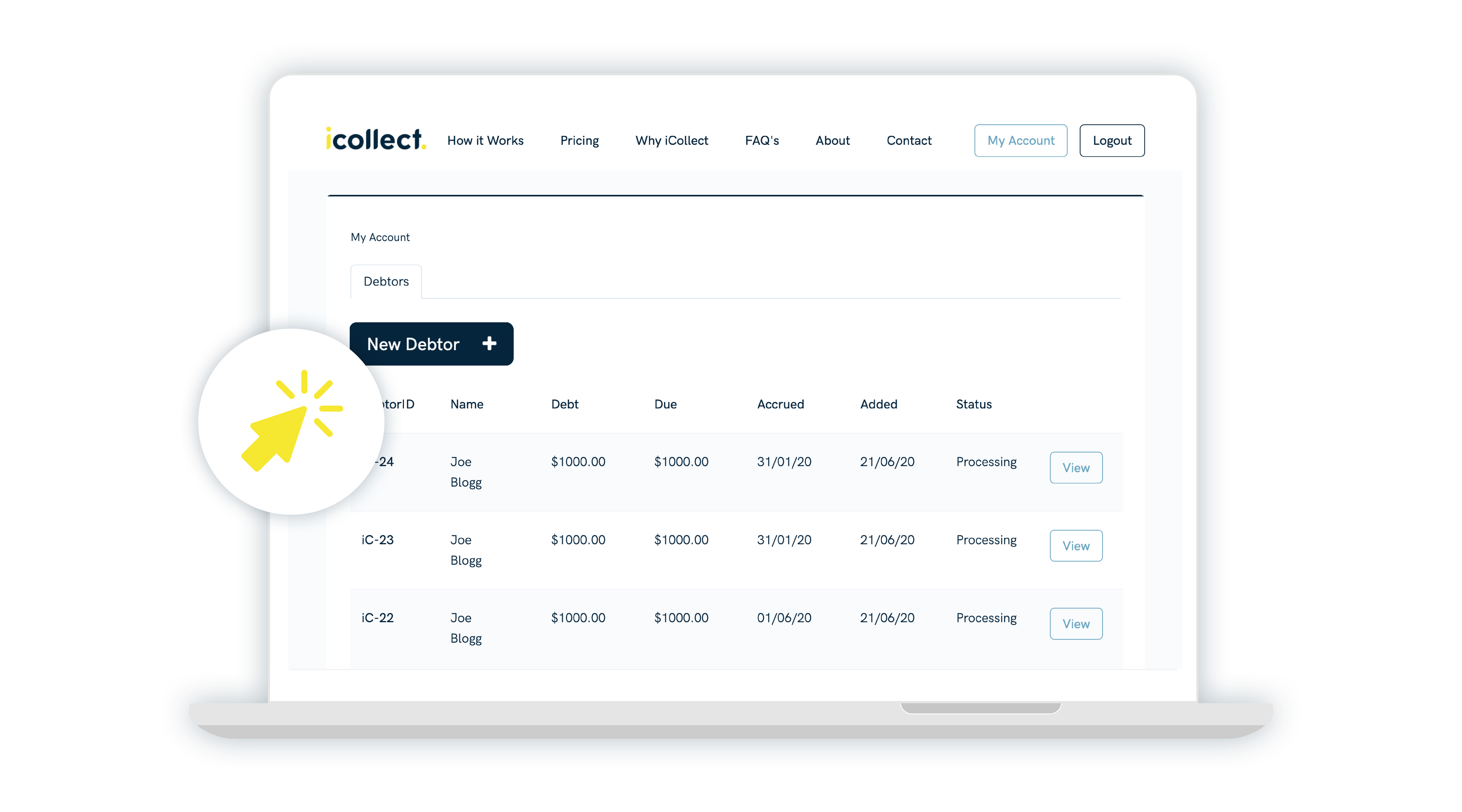When a customer refuses to pay after repeated reminders, many business owners are left wondering: What’s next?
Understanding the formal debt recovery and enforcement options available in New Zealand can help you make smart, timely decisions without losing sleep or money.
What Is Debt Recovery?
Debt recovery is the process of collecting overdue payments from customers who haven’t met their agreed terms. It often starts with in-house reminders, but if ignored, can progress to debt collection services or legal action.
Debt recovery is different from enforcement recovery is about requesting payment, while enforcement is about legally compelling it.
Step 1: Internal Follow-Up
Your first step is always direct communication. Email reminders, follow-up calls, and offering payment plans can often resolve issues early. But if an account remains unpaid after 30–60 days, it’s time to escalate.
Step 2: Using a Debt Collection Agency
Engaging a third-party debt collection agency like iCollect adds weight and urgency. It tells the debtor you’re serious, without immediately resorting to legal pressure.
With iCollect, you can:
- Send debt collection agency branded letters of demand with no commission
- Escalate matters gently but firmly
- Track payments received
Step 3: Enforcement Through the Legal System
If the debtor still doesn’t respond, and the amount is significant, you may pursue legal enforcement via:
? Credit Defaults
If your debtor is a business or individual who still refuses to pay, you may be able to lodge a credit default through a registered credit bureau. This negatively impacts their credit rating and can affect their ability to get finance, leases, or contracts. It’s a powerful incentive to pay, often prompting settlement without the need for further legal action. iCollect can guide you through this process.
? Disputes Tribunal (for debts under $30,000)
The Tribunal is a low-cost, accessible option to recover debts through a formal decision. No lawyers are needed. If the Tribunal rules in your favour and the debtor doesn’t comply, you can move to enforcement. Once a debt is in dispute, no debt collection agency can continue chasing the debt until the dispute is resolved.
? District Court (for larger or complex claims)
You may seek a formal judgment in the District Court. Once obtained, enforcement options include:
Attachment Orders – Automatic deductions from wages or benefits
Seizure of Assets – Through a warrant to seize property
Charging Orders – Placed against property or shares
Bank Garnishment – Freezing and redirecting funds
What If the Debtor Has Disappeared?
If you cannot locate a debtor, recovery becomes more difficult but not impossible. Debt collection agencies have skip tracing tools, and enforcement may still proceed if the person has assets or income that can be discovered through legal means.
When Is a Debt "Written Off"?
A debt may be written off for accounting purposes if it’s deemed unrecoverable but it still legally exists. It can be enforced later if circumstances change. A collection agency can continue chasing even after the write-off, particularly if new contact details or employment emerge.
Debt recovery doesn’t have to be intimidating or expensive. The key is knowing your options, acting early, and partnering with the right support team. Whether it’s a $500 unpaid invoice or $15,000 of repeated delays, there are ways to recover what’s owed and protect your business’s future.
iCollect helps you take action before you need enforcement. Start collecting smarter today.
